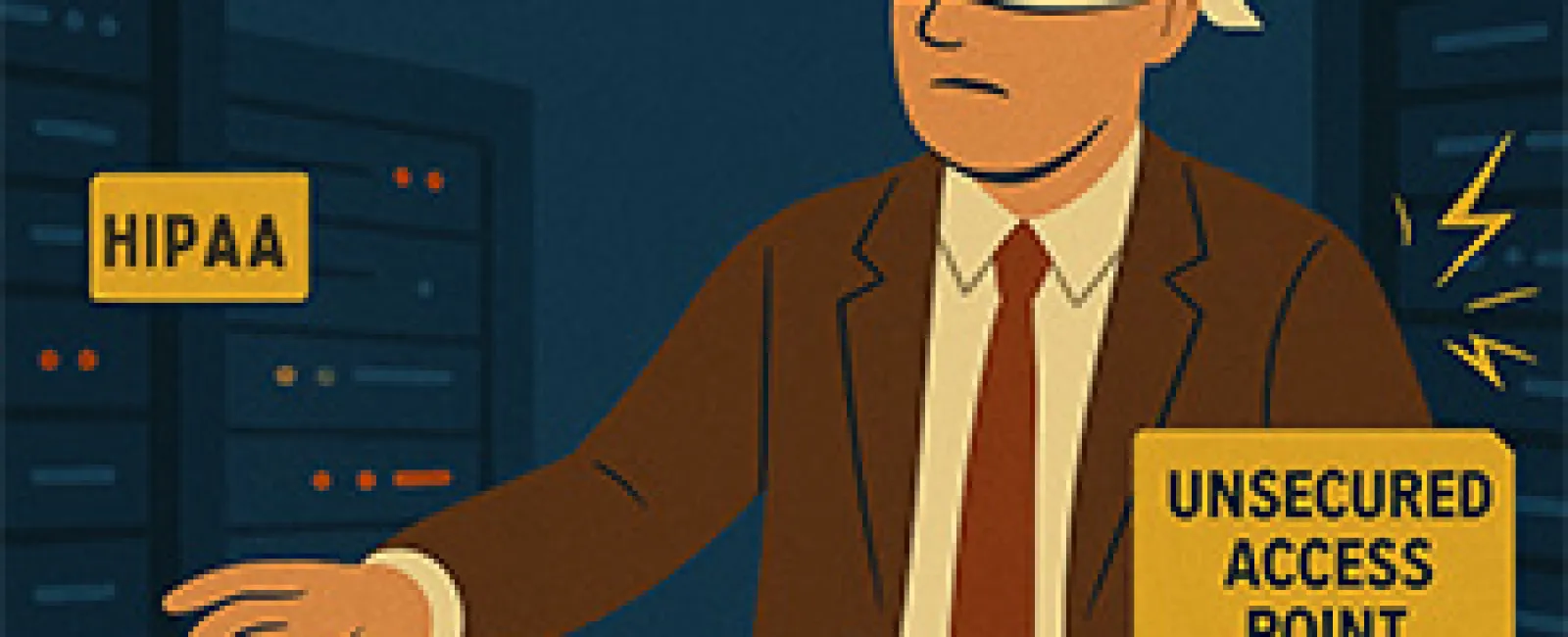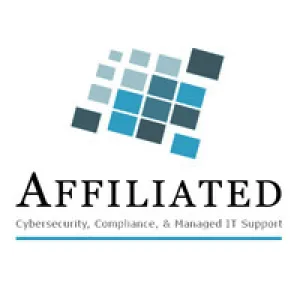July 14, 2025
Many small business owners mistakenly believe that regulatory compliance is only a concern for large enterprises. However, in 2025, this assumption is far from accurate. With regulations tightening across industries, small businesses are increasingly targeted by compliance enforcement agencies.
Why Regulatory Compliance Is Crucial Now More Than Ever
Authorities such as the Department of Health and Human Services (HHS), Payment Card Industry Security Standards Council (PCI SSC), and the Federal Trade Commission (FTC) have ramped up their scrutiny on data privacy and consumer protection. Failing to comply is not just a legal risk—it poses significant financial and reputational threats that can devastate small businesses.
Essential Regulations Impacting Small Businesses
1. HIPAA (Health Insurance Portability and Accountability Act)
If your business manages protected health information (PHI), HIPAA applies. Recent updates highlight:
● Mandatory encryption of all electronic PHI.
● Regular risk assessments to uncover vulnerabilities.
● Comprehensive employee training on data privacy and security protocols.
● Incident response plans prepared for potential breaches.
Noncompliance can lead to severe penalties. For example, in 2024, HHS fined a small healthcare provider $1.5 million for insufficient data protection.
2. PCI DSS (Payment Card Industry Data Security Standard)
Businesses processing credit card transactions must comply with PCI DSS, which mandates:
● Secure storage of cardholder information.
● Continuous network monitoring and vulnerability testing.
● Deployment of firewalls and encryption standards.
● Strict access controls to limit data exposure.
Failing to meet PCI DSS requirements can result in monthly fines ranging from $5,000 to $100,000 depending on the violation's severity and duration.
3. FTC Safeguards Rule
Companies handling consumer financial data must:
● Create a formal information security plan.
● Appoint a qualified security officer to manage safeguards.
● Perform routine risk assessments.
● Enforce multifactor authentication (MFA) for enhanced security.
Violations can incur fines up to $100,000 per incident for businesses and $10,000 for responsible individuals. The stakes are high!
Real-World Impact of Noncompliance
This isn't just theory. Take the example of a small medical practice hit by ransomware due to outdated security. They faced a $250,000 HHS fine and suffered a massive loss of patient trust, significantly impacting their business. Taking control of your data protection is essential!
How to Stay Compliant: Actionable Steps
- Perform Thorough Risk Assessments: Continuously evaluate your systems to detect and fix weaknesses.
- Deploy Strong Security Measures: Utilize encryption, firewalls, and MFA to safeguard sensitive data.
- Educate Your Team: Train employees on compliance standards and security best practices.
- Establish an Incident Response Plan: Be ready with a clear protocol for handling breaches.
- Collaborate With Compliance Professionals: Work with experts to navigate complex regulatory landscapes.
Don't Delay—Protect Your Business Today
Compliance is more than a legal formality—it's fundamental to your company's trustworthiness and survival. Overlooking these rules can lead to crippling fines and lasting damage to your reputation.
Ready to Evaluate Your Compliance Status?
Take advantage of our FREE Consult to uncover vulnerabilities and ensure your business meets all regulatory standards. Don't risk your success by ignoring compliance gaps.
Click here or call us at 614-889-6555 to schedule your FREE Consult today.




